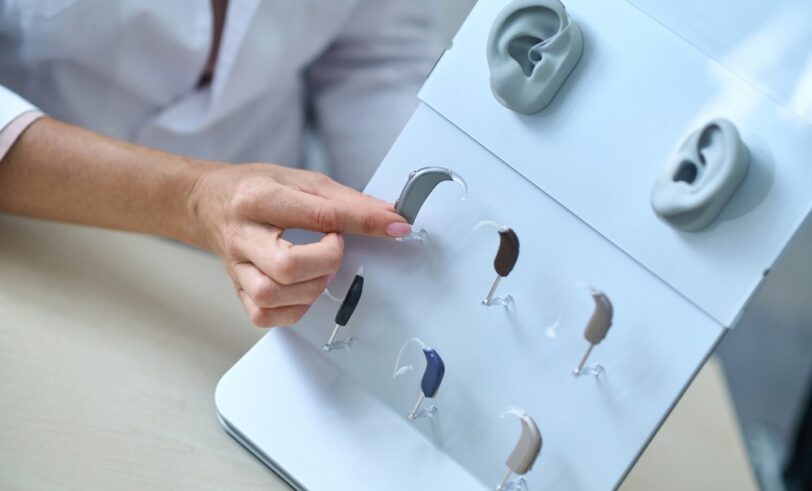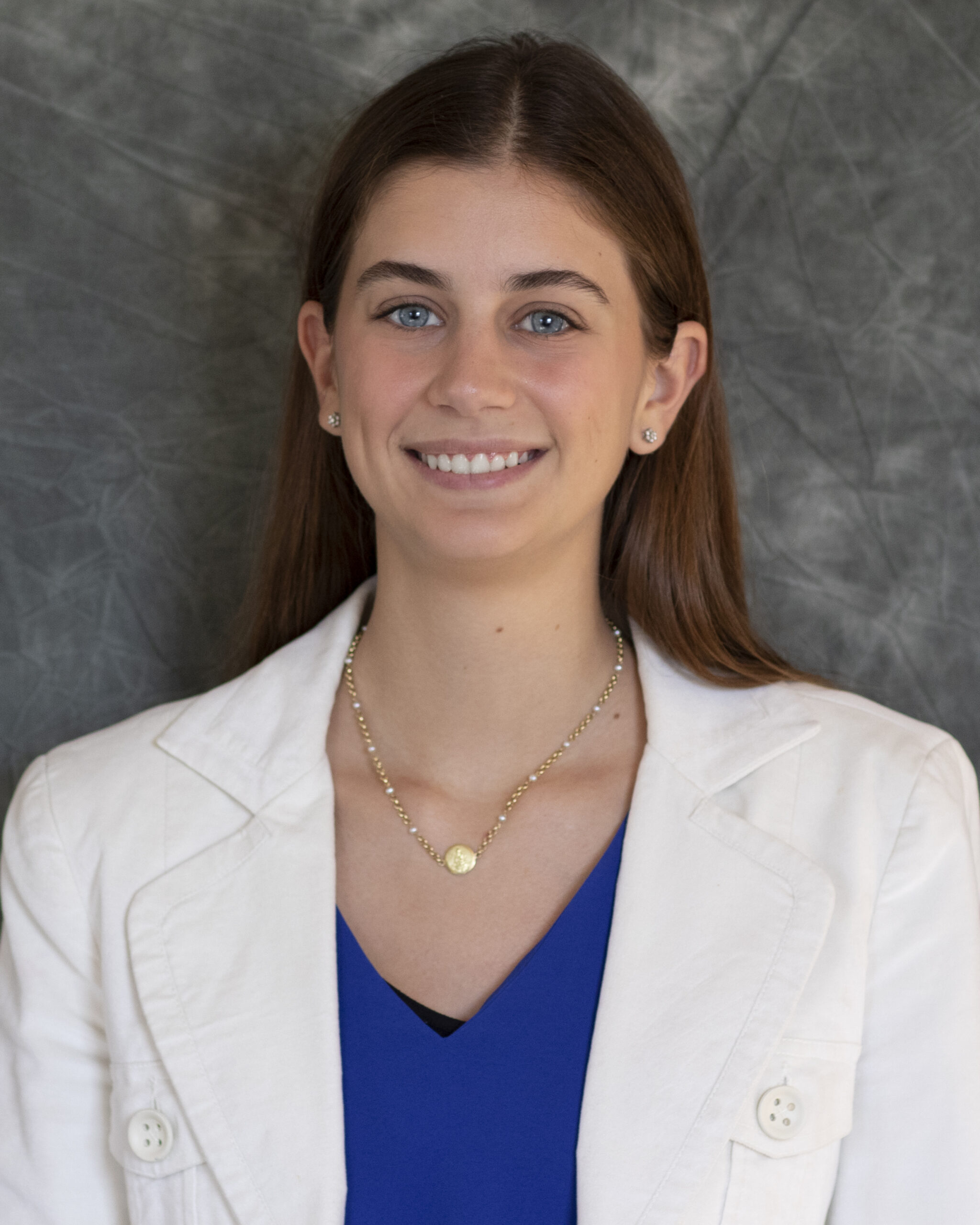This past August, the FDA approved the sale of over-the-counter (OTC) hearing aids. Previously, a prescription for a hearing aid required a visit to a health care professional. Now, anyone with mild to moderate hearing loss can purchase an OTC hearing aid online or at their local pharmacy without needing a medical exam or prescription. Prescribed hearing aids cost the average American between $2,000 to $7,000, whereas OTC hearing aids can now be purchased for as low as $199 at your local CVS or Walgreens.
The FDA decision to loosen regulations has allowed a new market for OTC hearing aids to surface. As tends to happen when the free market is allowed to function, brands now have to compete for the customer if they want to succeed, which leads to much more affordable and better-quality products.
According to the National Institutes of Health (NIH), approximately one in three people between the ages of 65 and 74 and nearly half of adults over 75 suffer from some sort of hearing loss. It’s likely many people don’t want to admit they have trouble hearing and go through the hassle of visiting a specialist, so they don’t take any action to improve their hearing. Hopefully, this increased accessibility of hearing-loss solutions will prompt more Americans to do so. While this is a great step forward in enabling access to hearing aids for the millions of Americans who have mild to moderate hearing loss, those with severe hearing loss still have many barriers, including high costs, to overcome.
To become a hearing-aid specialist in Missouri, a degree in hearing instrument sciences is not enough. A Missouri law requires those who would like to become hearing-aid specialists to obtain and consistently renew a special license that allows them to diagnose, prescribe, and fit people with hearing aids. These sorts of occupational licenses in theory mitigate risks and improve overall quality of services, but they tend to hurt more than they help. A Princeton study demonstrated that even in health-related occupations, “such as dental hygienists, nurse practitioners and opticians . . . licensing restrictions raise the cost of services without improving quality.” The hearing-aid examiner license required by Missouri raises the educational costs and creates barriers for those seeking to become specialists in the field, and in turn likely results in higher healthcare costs for Missourians who need to visit a specialist to obtain their hearing aids.
Kudos to the federal government (something you don’t often hear Show-Me Institute analysts say) for removing an unnecessary healthcare regulation and making hearing aids more affordable and accessible for older Americans. If Missouri wants to help its residents receive more affordable and accessible care, it may want to consider doing the same.



